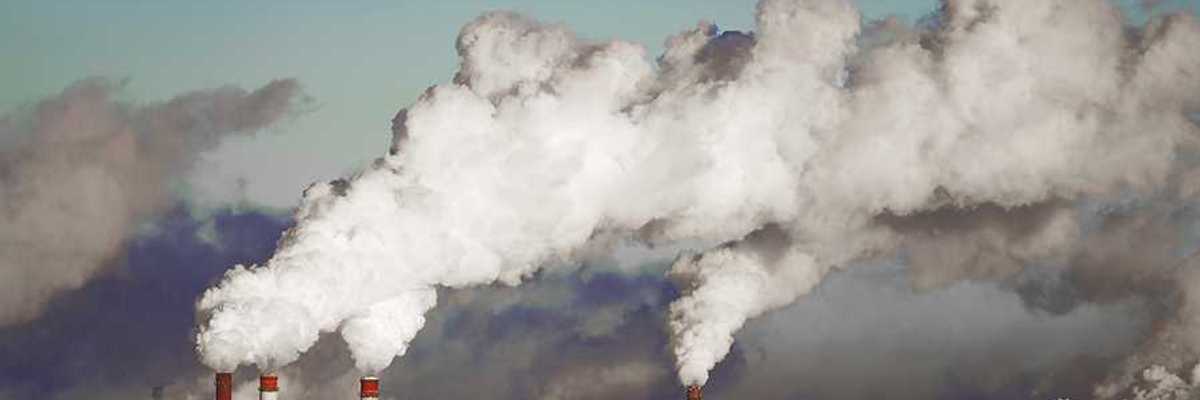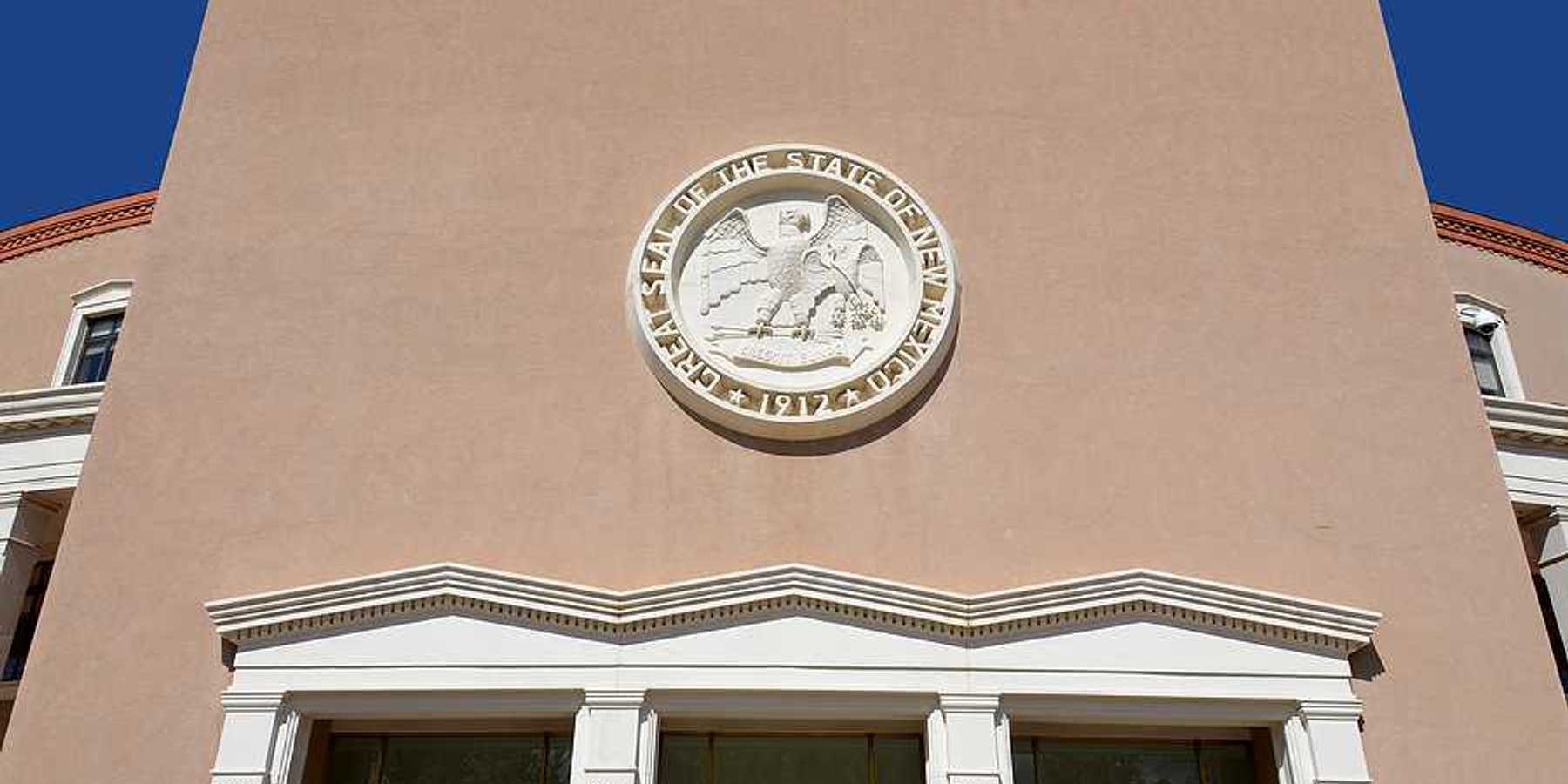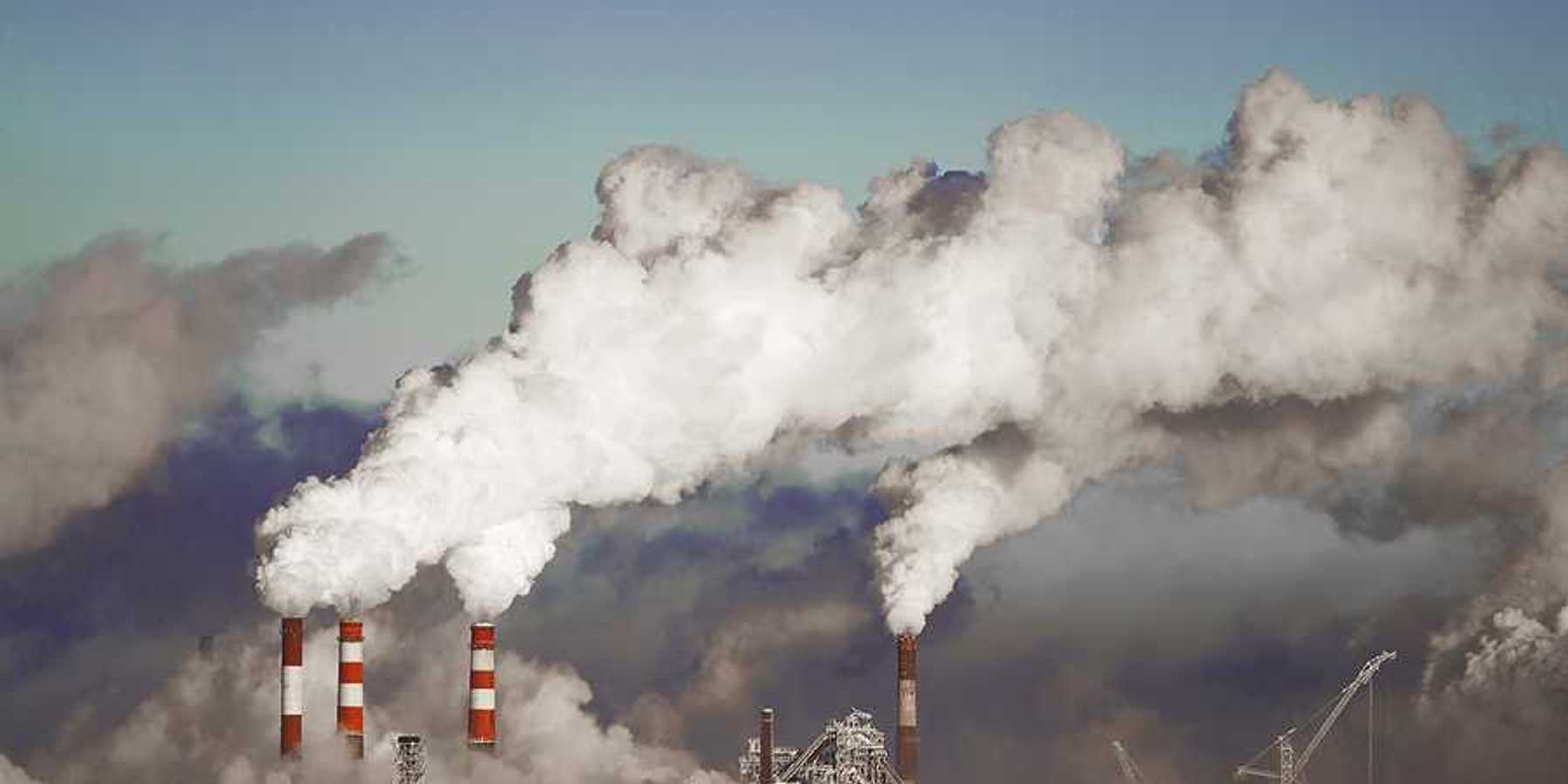nytimes.com
Duke University's decision to close major plant collection sparks outrage
Duke University has announced the closure of its herbarium, a significant blow to biodiversity research.
In short:
- Duke University plans to shut down its herbarium, home to more than 825,000 plant, fungi, and algae specimens, due to financial constraints.
- The scientific community, including Erika Edwards from Yale Herbarium, has expressed shock and concern over the potential loss of this vital resource.
- Despite efforts to relocate the collection, no suitable home has been found, raising fears of the collection being forgotten or lost.
Key quote:
“This is such a devastating blow for biodiversity science.”
— Erika Edwards, curator of the Yale Herbarium
Why this matters:
The closure of Duke's herbarium not only impacts scientific research but also poses a significant threat to our understanding of environmental changes and biodiversity. This decision reflects broader challenges in funding and prioritizing scientific resources, crucial for informed health and environmental policies.
Read: A small group of new farmers have seeded a movement to change the local food industry.
Investing in nature's intrinsic value
Imagine a market where nature's preservation, not destruction, is profitable.
In short:
- "Natural asset companies" propose valuing ecosystems for their preservation, potentially transforming them into profitable investments.
- The concept, though facing opposition, aims to integrate nature's value into the market, beyond traditional philanthropy and government efforts.
- This innovative approach has garnered interest from environmentalists, investors, and philanthropists, despite regulatory and ideological challenges.
Key quote:
"All of these things, if you think about it, are social agreements to a degree. And the beauty of a financial system is between a willing buyer and seller, the underlying becomes true."
— Douglas Eger, founder of Intrinsic Exchange Group
Why this matters:
This idea represents a novel approach that could significantly impact health outcomes by fostering ecosystems that clean air and water, crucial for public health. This concept, blending environmentalism with market mechanisms, could redefine conservation strategies on a global scale.
Panama Canal drought slows cargo traffic
Biden administration to fine oil and gas companies for excess methane
The Biden administration announced new moves on Friday to curb the release from oil and gas facilities of methane, a potent greenhouse gas that is responsible for more than a quarter of the warming the planet is currently experiencing.
Snakes, spores and sewage: Life in the N.Y.C. neighborhood ‘the Hole’
A tangle of rules to protect America’s water is falling short
John T. Preston, Dennis Bushnell and Anthony Michaels: Iron dust could reverse the course of climate change
As crazy as it might sound, geoengineering the oceans by adding iron — in effect, fertilizing them — may offer the best, most effective and most affordable way not just to slow the march of global warming but to reverse its course by directly drawing carbon out of the atmosphere.









